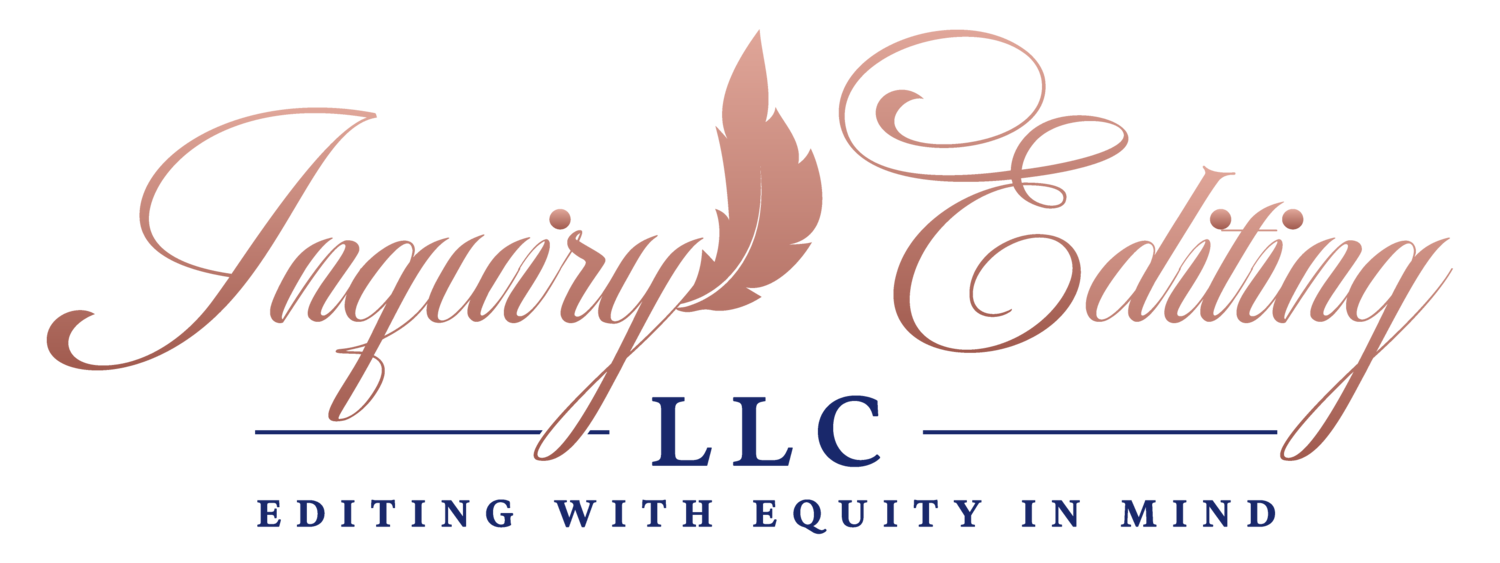Writing Emotions 3: Joy
joy (noun) – a feeling of great pleasure and happiness (that comes from success, good fortune, or a sense of well-being)
joy (verb) – to rejoice
Of all the emotions people feel about writing, this is the hardest one. For real; for real.
You may ask why. But, let me ask you this: does the phrase “joyful writer” seem oxymoronic to you? If it does, you’d be in the majority. Writers tend to think of themselves as a generally morose bunch. Other people tend to think of us as fascinating people, intelligent people, but not necessarily joyful people.
I suspect that we (both writers and non-writers) put a lot of emphasis on the grueling nature of the process and how seldom we are rewarded. One writer described her book as a boomerang: “It just keeps coming back.” She did not joy in this.
When we talk about joy as writers, we tend to talk about the joys outside of writing: the pleasures we give ourselves as a reward for gluing ourselves to the page. We seek joy outside of the punishment of the page. A run. A vacation. Food. Gardening. Socializing.
I get it. But, it doesn’t have to be this way. There is joy in the writing.
I know someone just said “where?” under their breath. I’m glad you asked!
For me, the secret lies in how I understand the causes listed in the definition above. Merriam Webster very helpfully provides a theory of joy here, suggesting that “success, good fortune, or a sense of well-being” are joy’s general causes. I won’t argue, but I do think the definitions of this little triumvirate can be more expansive.
Success. We tend to understand success as a singular final result, arriving at the end of a project. What if we thought of success as part of the process? Efficiency experts encourage us to make SMART goals, so named because they follow the acronym Specific, Measurable, Attainable/Attractive, Realistic, and Time-framed. SMART goals help us determine success because they concretize our tasks and their starkness clarifies whether our venture succeeded or failed. However, there are other kinds of goals germane to writing. These are process goals: repeated tasks that are part of an ongoing endeavor.
Now, I’m not suggesting we throw SMART goals out of the window, but writing often includes process goals like write 30 minutes a day, read one book per week, transcribe one interview per fortnight. Unlike SMART goals, a process goal’s success is determined by whether you did it. For instance, my goal for one particular writing project is to write three days a week. I got waylaid on Monday by some rather intrepid squirrels (they were after my tomatoes), so I did not make my planned 45-minute session. I did show up for 10 minutes at the end of the day. Is this success? Yes. Do I joy in it? Yep. Those 10 mins were hard won. I appreciate the gift I gave my future self.
I don’t really believe in good fortune or luck or coincidence. Nonetheless, I think the surprise of something good can bring joy. In writing, we often think that “the good” is the perfect sentence or the solved problem. Yet, the good surprise can be labeling the problem, discovering all new problems, or the imperfect sentence. Those do not always feel like good fortune, but they often harken good fortune: they let you know that the project is moving along.
Some of you may still be skeptical given my examples above. You may wonder whether having joy – as in a sense of well-being, and a constant current of pleasure in your life – takes the edge off of being a writer. The tropes we believe about creatives and artists is that they must be deeply unhappy to continue creating and creating well.
Joy isn’t antithetical to the craft. We don’t need misery to create.
Joy isn’t antithetical to the craft. We don’t need misery to create.
I prefer to think of joy as a state I choose or an action I repeat because I have known a lot of pain. I am in touch with my pain and my compassion for the pain of others. When I write to love on someone, to care for my communities, to advocate, to purge, to honor, to rant – all of that brings me joy.
Try to seek some joy in the writing. Ask yourself what you want to enjoy about your writing process. Seek that.
You deserve nothing less.
